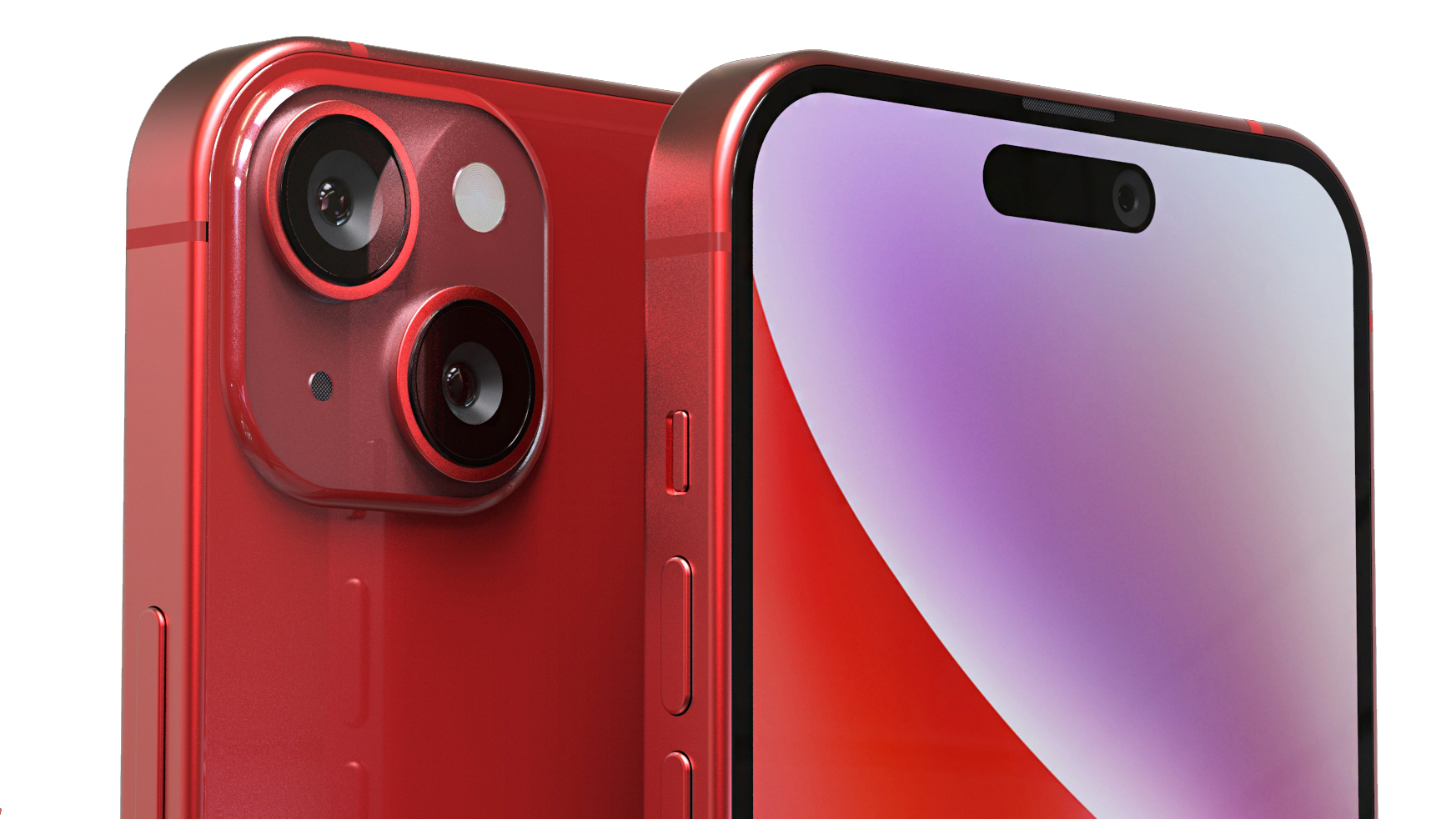
Get all the latest news, reviews, deals and buying guides on gorgeous tech, home and active products from the T3 experts
You are now subscribed
Your newsletter sign-up was successful
In recent years, Apple has been part of a back and forth series with the European Commission. Most prominently, that's included the switch to USB-C, which is expected on the new iPhone 15 range later this year. The move will mark the first time Apple phones have used the connector, having previously made use of Apple's proprietary Lightning port.
Another change is the introduction of sideloading. This will mean that users must be able to download apps from sources other than the official App Store. Currently, that functionality isn't offered on the iPhone. Apple say this enables them to have complete control over the security of their devices, while developers have complained about the higher charges they impose.
Now, a firm date has been announced for when the change must be made. By March the 5th 2024, the company will need to comply with the new rules. Don't expect that to happen right away though.
See, while there is a date set in stone, it's unlikely to mark the end of the saga. The wording of the legislation does make an exception for the protection of hardware devices. It says that "proportionate technical or contractual measures" can be implemented, provided there is no less-restrictive means to achieve that goal.
Basically, Apple could get around it on the basis that their App Store can protect users from scam apps and malware. And it's not hard to see how this could play out.
I'd wager that Apple don't make a single change as the deadline rolls around, safe in the knowledge that they can use the security loophole as a get out of jail free card. If they do, expect that to spiral into another saga, which could potentially play out over the course of years.
It's not the only change being enacted by the legislation. Companies will also have to allow developers to use third-party payment platforms. That would enable developers to bypass the levies imposed for transactions on iPhone apps, which has been reported at up to 30%.
Get all the latest news, reviews, deals and buying guides on gorgeous tech, home and active products from the T3 experts
In Apple's case, the legislation could also force them to ensure their messaging platform plays nicely with others. A common complaint of Android phone manufacturers has been Apple's resistance to the RCS messaging standard. We saw Google make a jibe at their recent Google IO event, for example.
This law could go even further, though, seeming to suggest that third-party apps will need to interact with messaging applications freely. The wording of that section also contains a security-based get-out clause, though, so don't expect to see that happen overnight.

Sam is an award-winning journalist with over six years of experience across print and digital media. As T3’s Senior Staff Writer, Sam covers everything from new phones and EVs to luxury watches and fragrances. Working across a range of different social media platforms alongside his written work, Sam is a familiar face for fans of T3. When he’s not reviewing snazzy products or hunting for stellar deals, Sam enjoys football, analog photography and writing music.
